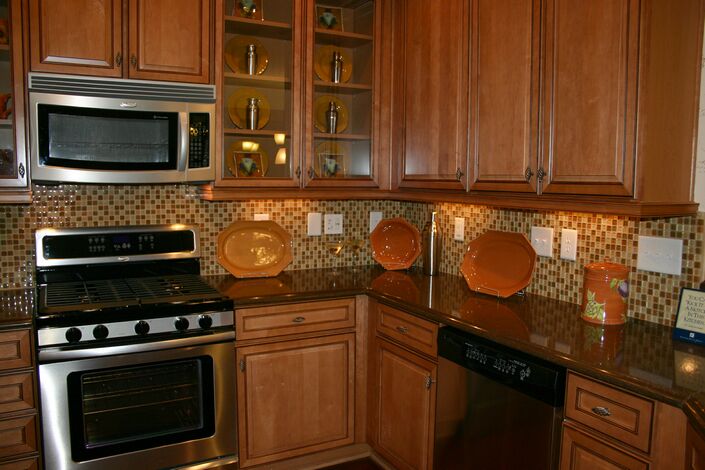
Marble countertops are highly porous, and all experts agree that you should seal them the first thing after installation to protect them from damage. What happens if you don’t seal marble? You must be wondering, right? Well, plenty of things can happen:
They will be stained by foods and drinks
When you leave your countertops unsealed, it means that the countertops aren’t protected. This means that in the event of a food or drink spill, the materials will quickly absorb to the inner layers of the countertops, making them hard to remove.
An unsealed marble surface absorbs even the smallest amount of liquid. For example, you will leave a glass of juice on your unsealed countertop, then five minutes later, you find a large circular stain on your countertops.
Certain cleaning products will damage them.
If you are like other homeowners, you use commercial cleaning products to clean your surfaces. While many natural cleaning products are harmless to the surfaces, many products contain citrus and other materials that quickly eat away at the calcium on the marble countertop.
These products are harmful even to the sealed countertops, so you can imagine the damage they cause to the unsealed surfaces.
Water will discolor them.
One of the crucial roles of the sealing agent is to repel liquids and prevent them from getting to the inner layers of the stone. This means that if your surfaces aren’t sealed, the liquids easily get to the inner layers, making them hard to remove.
This means that even leaving a cold glass with condensation on the unsealed surfaces can change the color of the countertops as the condensation gets to the countertop inner layers.
How often do you need to seal marble?
To avoid the problems that come with failing to seal your countertops, you should make it a norm to seal them as frequently as possible.
How often do you need to seal marble? The frequency depends on how you use the countertops. If you love cooking, you need to seal the surfaces more often than a bachelor who rarely cooks.
Experts agree that you should seal the countertops at the time of installation, then at least once every 3-6 months, depending on how you use the surfaces.
How do you tell its time to seal the countertops?
You can’t just look at the countertops and reach a verdict that they are ready for sealing—you need to test them. Some of the tests you can do include:
Mineral oil test
Here you use a petroleum-based liquid or solvent. Put a few drops of the mineral oil on your countertops, then wait for at least 10 minutes before wiping the oil off the surface with a dry cloth.
If you have a dark stain upon wiping the mineral oil, it’s time to reseal the countertops.
Water drop test
If you don’t have mineral oil, you can always use water for testing. Find an inconspicuous area of the countertop, sprinkle a few drops of water then set a timer to track how long it takes for the countertop to absorb water.
Once the timer is off, check whether the marble stone darkens and absorbs water. If it absorbs the water and leaves a dark spot, it’s time to reseal the surfaces.
How to properly seal marble surfaces
If your surfaces are ripe for sealing, go ahead and do the sealing. You can do the sealing by yourself if you have the skills, but let an experienced professional do it for you for the best outcome.
The marble contractor should begin with thoroughly cleaning the countertops and removing any dirt and debris on the surface.
Once clean, the contractor should apply the sealing agent with a soft cloth, lamb wool, or any other material that won’t damage the marble kitchen countertops NC.
Of course, for the seal to last long, you need to use a high-quality one. Avoid cheap sealing agents as they won’t provide you with the protection you need. They also tend to fade after a short time.